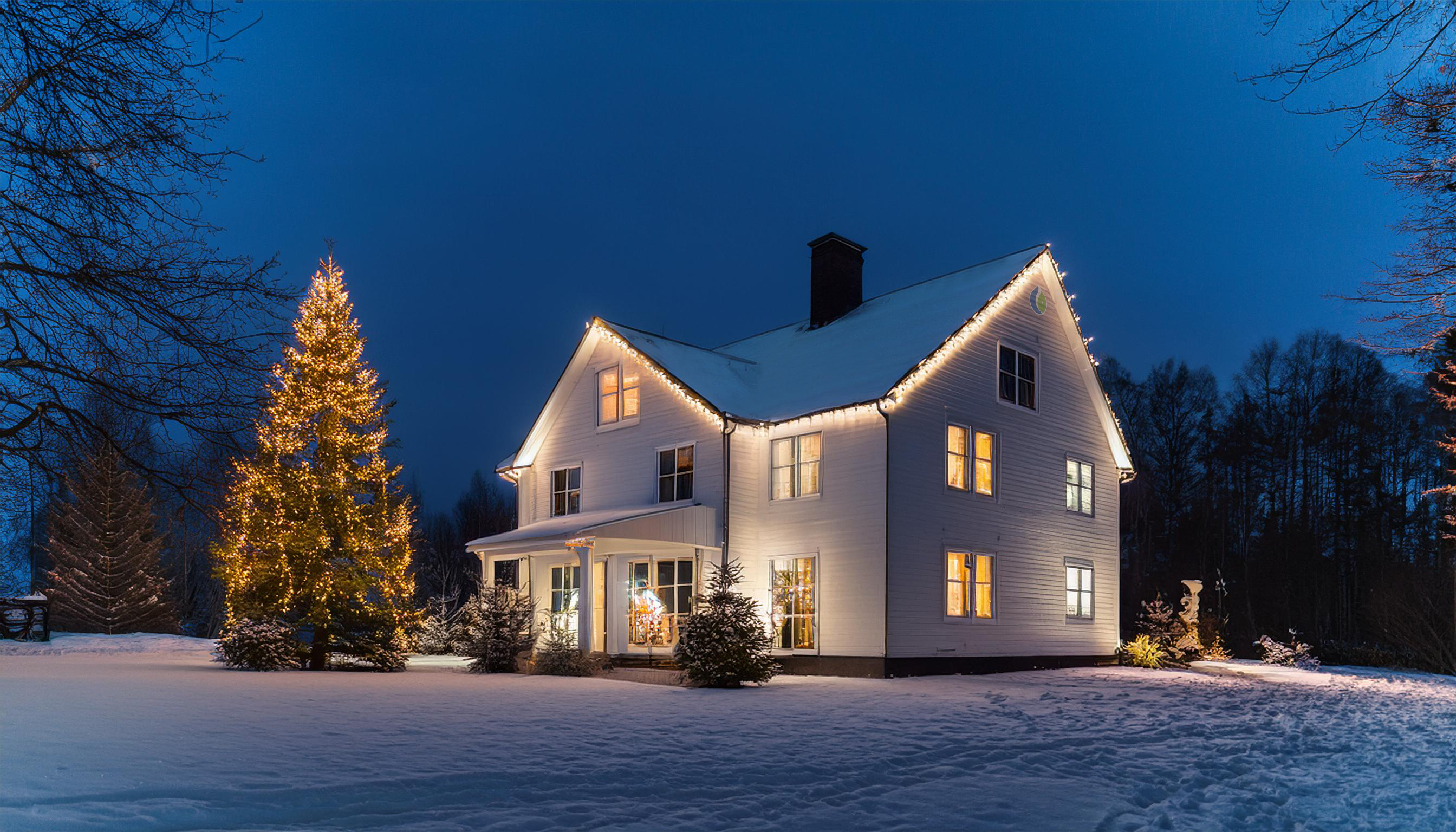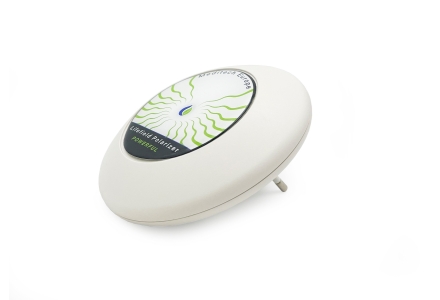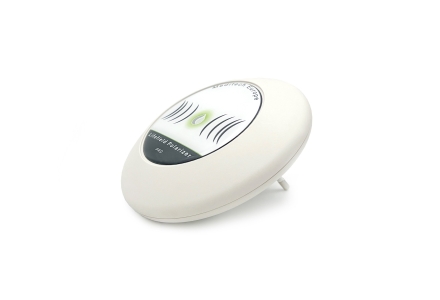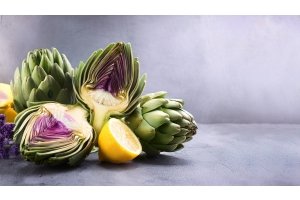
Rituals are like anchors in our lives: they provide structure, meaning and a sense of belonging. In December, a month full of traditions, we may feel that power most strongly. Decorating the Christmas tree, filling the house with twinkling lights, or enjoying a festive meal together around the table - these are moments that bring us closer together and allow us to pause for a moment in the hustle and bustle of everyday life. But what makes rituals so powerful, and why do we look for them so much in December in particular? In this blog, we explore the special impact of rituals, focusing on the magical month of December.
What exactly are rituals?
Rituals are actions that are often performed according to a set pattern and are deeply rooted in tradition or have personal meaning. They provide structure and can provide a sense of security and continuity. Whether they are small daily habits, such as drinking a cup of coffee at a set time in the morning, or special occasions, such as celebrating Christmas together, rituals help us mark time and emphasize the significance of special moments.
Rituals can be individual or collective, from personal prayers to group rituals that connect communities. What makes rituals special is that they often have an emotional charge: they go beyond the act itself and carry a deeper meaning that connects people.
Some important characteristics of rituals
Repetition: Rituals are often performed in the same way and at the same time, making them familiar and recognizable.
Symbolic value: The actions or objects in a ritual often represent something greater than the physical act itself.
Bonding: Rituals bring people together and strengthen the sense of community.
Emotional impact: Rituals evoke strong emotions and create meaningful, shared experiences.
The purpose of rituals
The purpose of performing a ritual can vary depending on the context and culture in which the ritual takes place. Some common purposes include:
Connection: Rituals can help create a sense of connection, whether with others, a higher power or nature.
Marking transitions: Many rituals are meant to mark important life transitions, such as birth, adulthood, marriage or death.
Culture and tradition: Rituals often play an important role in preserving and passing on cultural values and traditions.
Emotional processing: Rituals can help people process emotions, such as grief or joy, by providing a structured way to express these feelings.
Meaning-making: For many people, rituals offer a sense of meaning and purpose in life by helping them reflect on their values and beliefs.
Community building: Rituals can strengthen social cohesion within a community by bringing people together and creating shared experiences and celebrations.
Rituals in the past
Rituals have played an important role in people's lives throughout the ages. In the past, rituals were often closely tied to religion, seasonal festivities and the transition from one stage of life to another (for example, from youth to adulthood).
Consider, for example, the rituals surrounding harvest festivals, where communities came together to celebrate the fertility of the land and show gratitude for a good harvest.
Marriage rituals, births and bereavements were also moments of deep significance, where community life and the culture of a group or a country were of great importance. These rituals not only provided structure to life, but also strengthened the bonds between people, gave guidance in times of uncertainty and provided a sense of continuity through the generations. Many of these ancient rituals are still present, albeit in modified form, and have thus stood the test of time, demonstrating their enduring power and significance.
Contemporary rituals
Although many traditional rituals have changed or adapted to modern times, rituals still play an important role in our daily lives. In contemporary society, we often find rituals in the way we mark special moments, such as birthdays, weddings and holidays.
But rituals can also manifest themselves in smaller, personal habits, such as Sunday family visits, a short meditation to start the day, or ending the work week with a moment of relaxation. The form and performance of rituals may have changed over time, but they continue to help us give meaning to important events and the emotions that accompany them.
Moreover, they can provide a sense of stability amid the busyness and uncertainty of modern life. In a world that seems to be spinning faster and faster, people increasingly seek moments of calm, connection, harmony and balance, and rituals provide the perfect opportunity for that.
Rituals in the December month
In the December month, rituals come together in a unique blend of coziness, reflection and celebration. The dark days invite us to create warmth and connection, and we often do so through rituals that make the season special.
Decorating the Christmas tree, hanging lights around the house or choosing the perfect Christmas gift are actions that not only beautify the space, but also bring a sense of tradition and belonging. December rituals provide an opportunity to reflect on the past year, cherish memories and make new plans for the future. December rituals give this month a deeper sense of meaning and connection.
At this time of year, when the days grow shorter and the nights grow colder, it is precisely the small, familiar rituals that help to dispel the darkness and give us a sense of comfort and connection.
Rituals and intentions
Rituals can also be used as powerful tools to reinforce our intentions and focus our energy. When we perform rituals with a conscious intention, we create a space in which we can transform our thoughts and feelings.
It is not only the act itself that then has meaning, but also the focus we place on our intention during that act.
Whether burning a candle to ask for clarity, writing goals for the new year or meditating to find inner peace, connecting rituals with specific intentions helps us focus and transform our energy.
These rituals combined with an intention can support us in manifesting change, letting go of old patterns and attracting positive energy.
In December, a month that often revolves around reflection and preparation for the new year, we can use rituals to renew our spiritual focus, clarify our desires and align our energy with what we want to create in our lives.
By consciously choosing rituals that reinforce our intentions, we can begin to experience profound changes both within ourselves and also in the world around us.
Conclusion
Rituals have a special power: they connect us to the past, the present and our deepest desires. Whether ancient traditions or personal habits, rituals help us find meaning in the daily chaos and give structure to our experiences and our lives.
In the month of December, with its focus on light and connection, these rituals come alive in a way that invites us to pause, reflect and set our intentions for the future.
By combining rituals with conscious intentions, we can focus our energy, foster spiritual growth and manifest deeper changes in our lives. It is this power of rituals that not only helps us through the month of December, but connects us to what is truly important throughout the year.
Want to further enhance the power of rituals and intentions in your life? Discover Meditech Europe's intention cards, which can help you focus your energy and focus on what you want to achieve. In addition, Meditech Europe's Polarizers offer a unique way to improve the energy in your living environment so you can work on your intentions in a harmonious space. And with Meditech Europe's Christmas gifts and Christmas presents, you not only give the perfect Christmas gift, but also an experience of well-being, balance and harmony to your loved ones. Take a quick look at our website!






